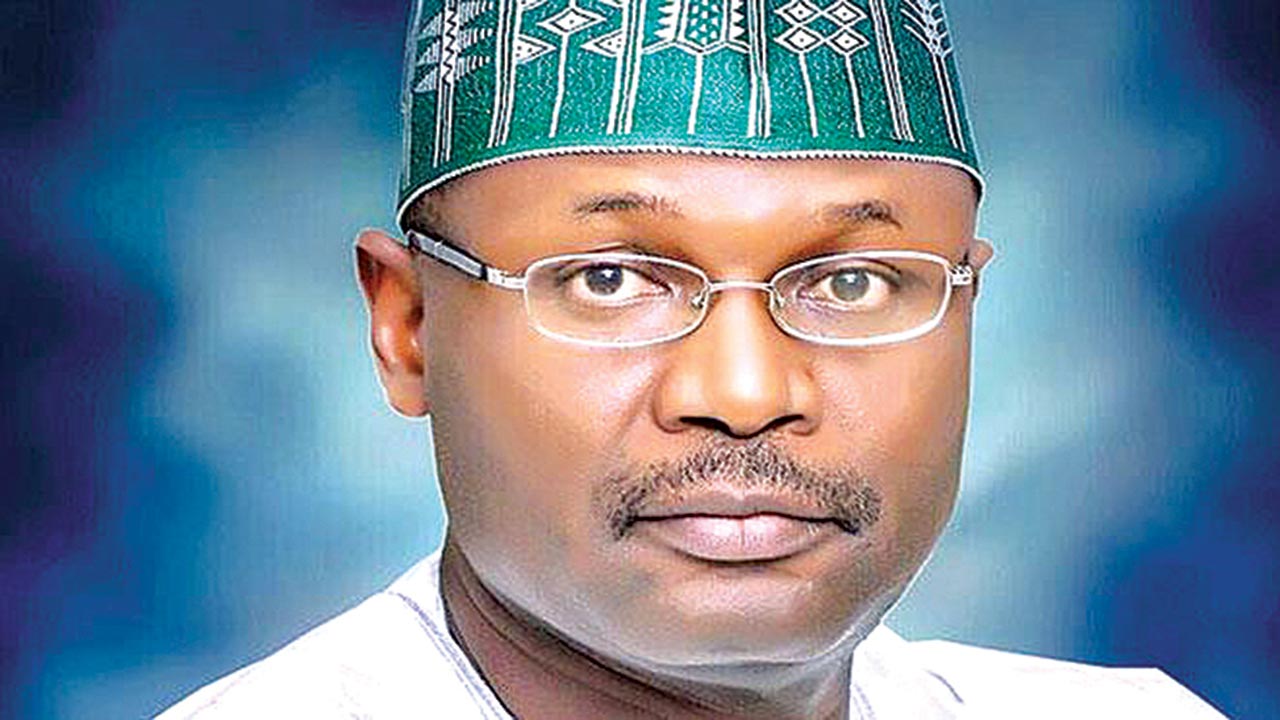100m Nigerians May Vote In 2023 – INEC Chairman
The Chairman of the Independent National Electoral Commission (INEC), Prof. Mahmood Yakubu, has said the population of registered voters in the country might increase to 100 million by 2023.
Yakubu, who made the disclosure during the first quarterly consultative meeting with the media in Abuja, Friday, lamented that the number of polling units had remain the same even with increasing voter population. The current voter register contains 84,004,084 names.
INEC had announced that the Continuous Voter Registration (CVR) exercise would commence in the first quarter of this year ahead of 2023 poll. This means that about 16 million Nigerians are projected to be added to the register when the CVR exercise commences.
“Every eligible citizen has the right to register and vote in democratic elections. However, the right to vote cannot be effectively exercised without a place to vote. Citizens’ right to vote must be exercised in a conducive and safe environment, particularly in the context of the COVID-19 pandemic
“Nigeria has a critical problem of voter access to polling units. The country currently has 119,973 polling units established a quarter of a century ago in 1996 by the defunct National Electoral Commission of Nigeria (NECON). At that time, the voter population was projected at 50 million. The voters’ register increased to 84,004,084 by 2019.
“We envisage that by the next general election in 2023, the population of registered voters maybe twice the number projected in 1996. Yet, the number of polling units remains the same. This is a national problem and must be addressed in earnest.”
The INEC boss said a review of previous efforts at expanding access to polling units revealed that the genuine intention of the Commission were misconstrued and politicised, adding that learning from experience, the Commission had decided to start early and engage with Nigerians by consulting widely.
“We hope that by doing so, we will better communicate the Commission’s intention to Nigerians and invite input across the board on how to address this problem in the immediate term and hopefully establish the framework for future adjustments as the need arises, as is the case in virtually all democracies around the world.
“Let us work together to finally solve the 25-year-old problem of access to polling units in Nigeria,” he said.





